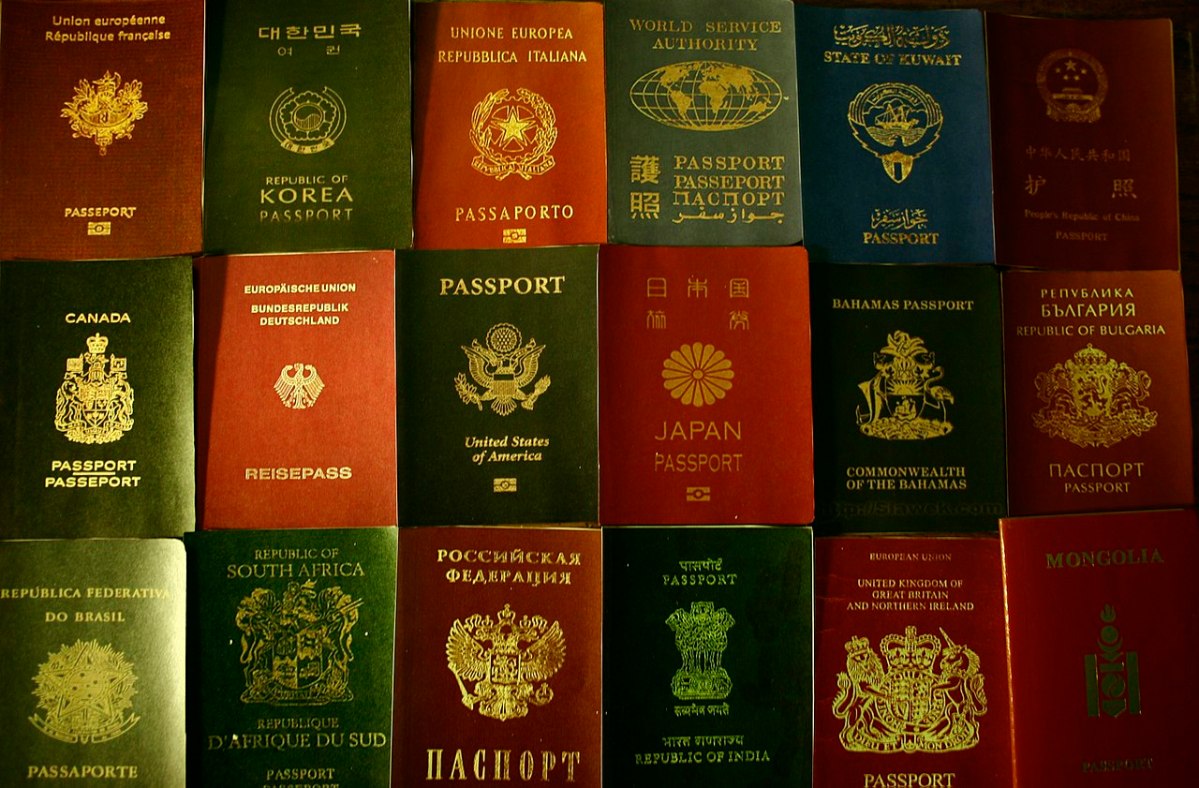At its best, the au pair program currently operating in the United States should create a mutually beneficial system. Parents seeking care for their children are able to hire au pairs from overseas at a lower rate than a nanny might cost; young people from other countries are able to get an immersive look at the United States that might help them to decide if they want to work or matriculate here. That’s the best-case scenario, anyway. Unfortunately, the reality faced by many au pairs is one where their employers mistreat them — and where the government agency tasked with preventing such abuses of the system is nowhere to be found.
Writing at HuffPost, Zack Kopplin explored a number of cases where au pairs found themselves in hazardous situations — some being abused by host families or violent children, others encountering issues with compensation or lodging. The State Department is supposed to regulate au pairs’ workplaces and the organizations that place au pairs with families; the HuffPost report paints a worrying picture of an agency shirking its responsibilities.
Alternately? While the State Department can take action against companies that manage au pairs, it largely hasn’t over the years:
Although the State Department has the authority to punish au pair companies that break the rules, its investigations rarely result “in meaningful consequences for a delinquent sponsor,” a 2012 State Department Inspector General report on the J-1 visa program concluded. There’s little evidence to suggest that has improved in the last eight years.
Besides the issues described in the HuffPost investigation, there was also a Massachusetts ruling earlier in the year which could result in an increase in the minimum wage for au pairs. Will this report spark change in the industry? It certainly seems as though change is in the air.
Subscribe here for our free daily newsletter.
Thanks for reading InsideHook. Sign up for our daily newsletter and be in the know.


















